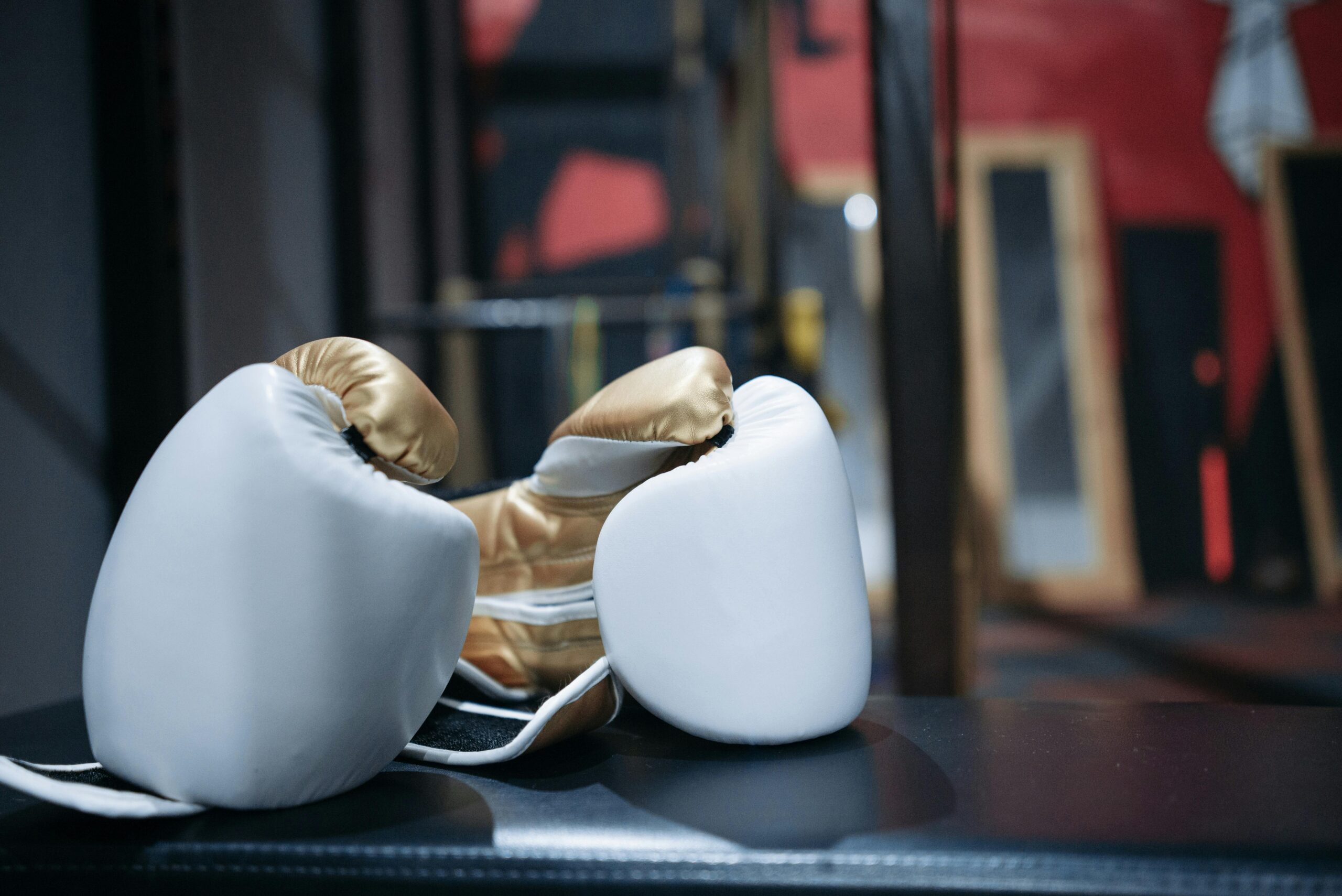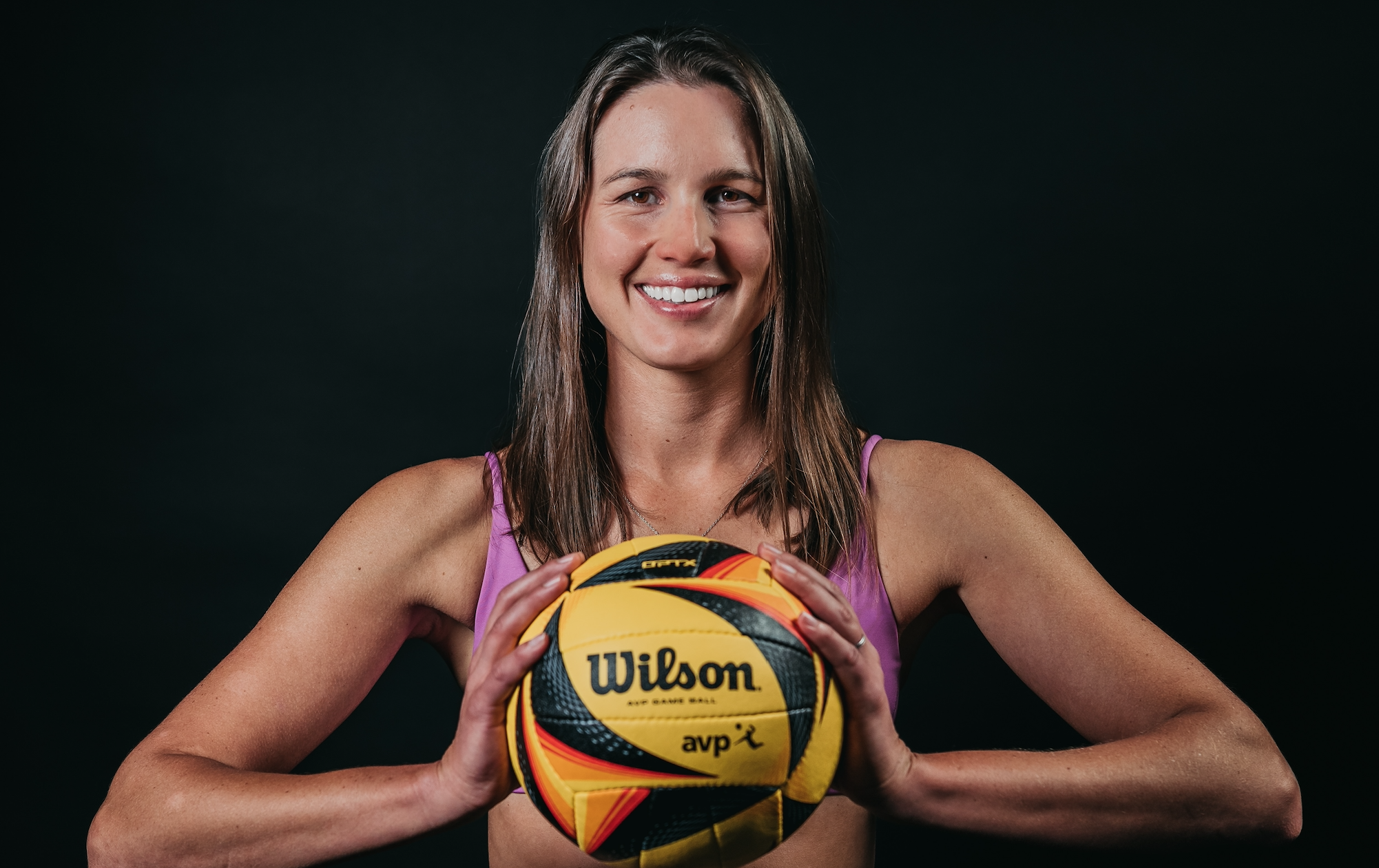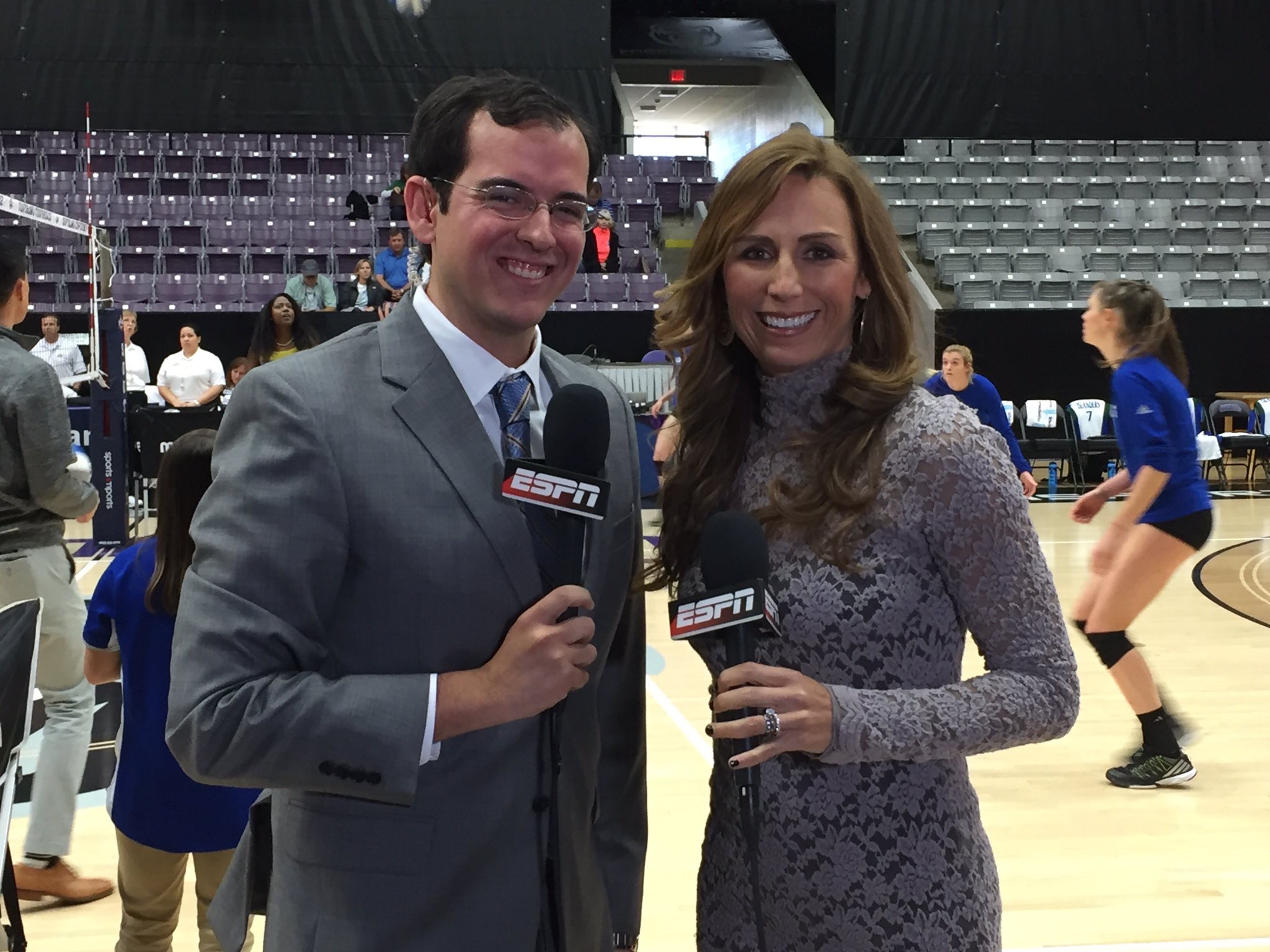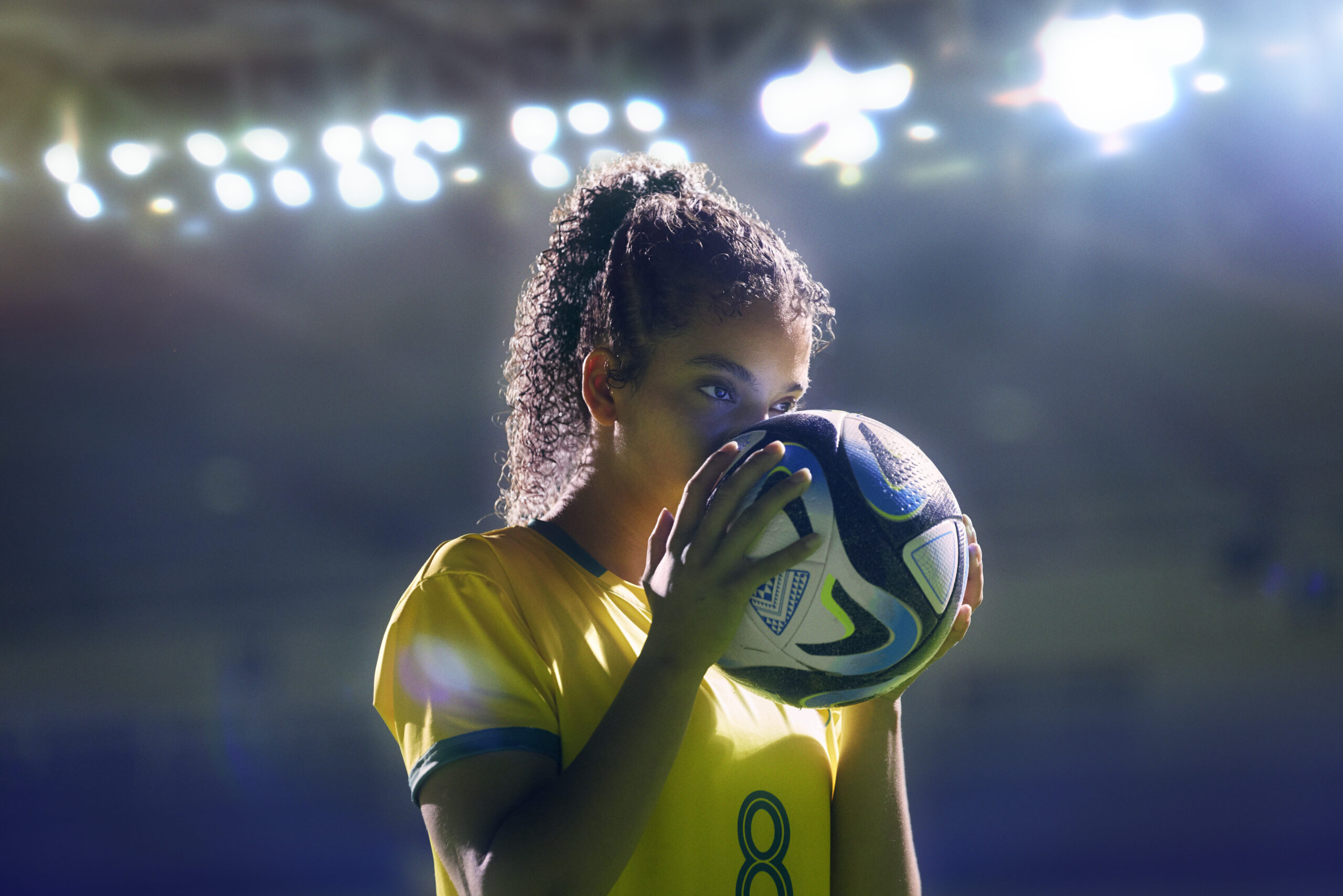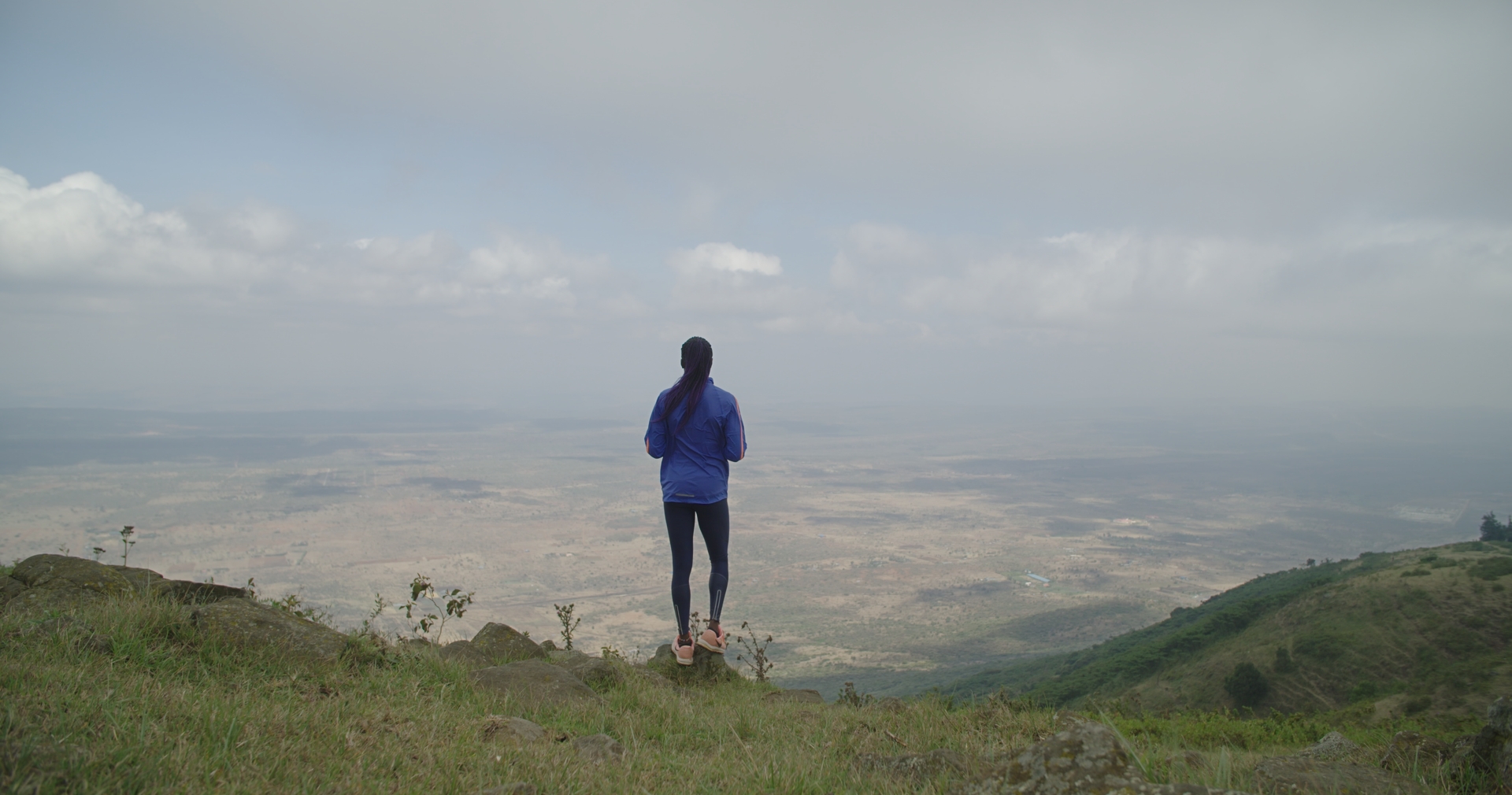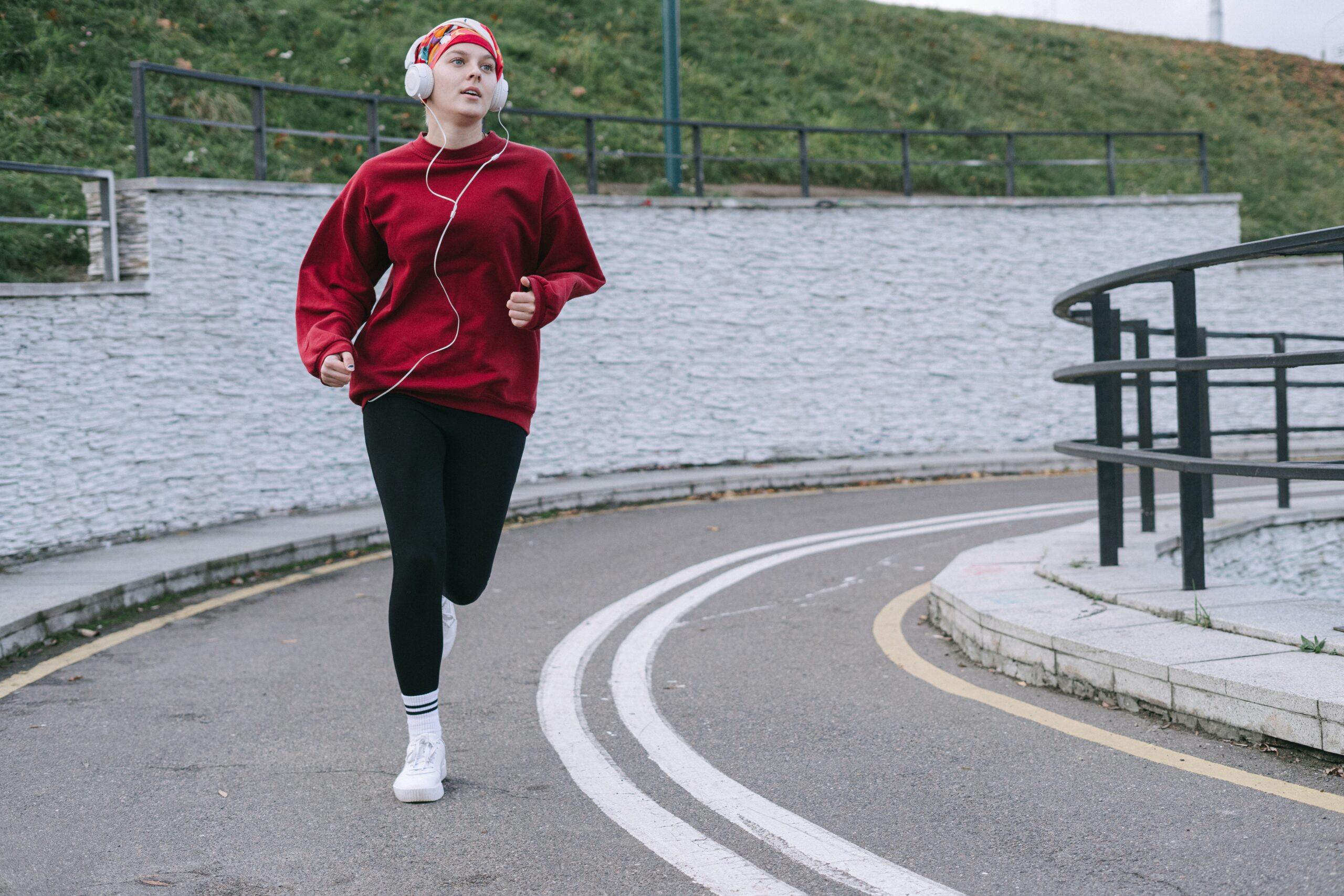
By Hailey Perkins
It is a tale as old as time, and frankly one that needs to be retired for good: female athletes rarely getting the recognition they deserve. Women’s triumphs, successes, and accomplishments in athletics are seldom publicized and the media has historically put the “best in the world” female athletes behind the men. Even the term “female athlete” automatically assumes that the default athlete must be male. But that’s another topic for another day.
When it comes to lack of recognition for female athletic accomplishment, there is no exception for women ski racers, but that certainly hasn’t stopped America’s best women skiers from skiing fast, taking chances, and proving the critics wrong.
The women in the sport are now out-earning the men and making huge names for themselves. Mikaela Shiffrin is an American two-time Olympic Gold Medalist and World Cup alpine skier. She is a three-time overall World Cup champion, a four-time world champion in slalom, and a six-time winner of the World Cup discipline title in that event. She is fast. Her motto? “Always be faster than the boys.”
Shiffrin has become the face of U.S. ski racing and for good reason. At only 24, she has become one of the most famous female athletes in the world. She started out as a young prodigy in Colorado and joined the U.S. Ski Team at just 16 years old, following in the footsteps of many other amazing ski racing athletes like Lindsey Vonn and Tamara Mckinney. She’s embraced her role as a mentor and inspiration to young women everywhere who hope to one day follow in her footsteps, too.
Unlike women’s soccer, ski racing guarantees equal minimum prize money for men and women, which is a huge step toward change for all athletics. Shiffrin recognizes she still needs to be a part of the conversation in the gap in equality in other male-dominated sports. She has been testing the waters as an activist and is hoping to not only better herself, but to inspire others and elevate the entirety of women’s athletics in the process.

To establish yourself as one of the best in the world in women’s ski racing requires a lifetime of dedication. To get to the top, many athletes begin skiing as soon as they can walk. They ski for world-class ski teams and work as hard as they possibly can for up to 15 years in order to make it big. The sport requires a lot of sacrifices and “what if’s.” Many athletes give up college, move away from family and friends and spend all of their time traveling internationally just to chase the snow. The commitment to their team and their individual goals is what makes the foundation of ski racing so unique.
Although only a handful of ski racers make it to the Mikaela Shiffrin, this week she and other amazing female athletes on the U.S. Ski Team will be competing in the HomeLight Killington Cup, the only U.S. stop for women on the World Cup circuit. This year’s two-day event runs from November 27-28, the weekend after Thanksgiving. The race is a celebration of the history and passion for alpine racing in the United States and it’s an opportunity for the best female athletes in the sport to come together and give it everything they have on their home turf before the Beijing Winter Olympics in just a few months. Many of the athlete’s friends and family are able to cheer them on in person and see just how far they’ve come in their careers, which makes this a memorable event for the U.S. athletes and their biggest supporters.
The ski racing journey has left other athletes from the sport with lessons and memories to last a lifetime. I asked a few young retired women ski racers what their ski racing journey has taught them, and here’s what they had to say:
Maia Bickert graduated from the University of California, Berkeley:
“Ski racing taught me a lot. I think adaptability is a big one. There are so many variables in a day of ski racing: the light, the temperature, the weather, the terrain, the course set, the competitors, coaches, climates, areas, and cultures. On the other hand, a football stadium is basically the same no matter where you are. There are so many things you have to take into account and respond to day of [in ski racing], and I think that has led to me being able to live life on the go and being able to tackle whatever life throws at me every day.
It’s perseverance; ski racing comes down to fractions of a second. And when you are consistently giving it your all but getting beaten by fractions of a second, you have to keep showing up each day, because one of those days the fractions of a second will side in your favor. The same goes for overcoming injuries when all you want to do is get back to skiing, overcoming disparities, and access to certain coaches/training camps, etc.”
Sierra Ryder graduated from Bates College in Maine where she skied for their division 1 NCAA ski team, then received her master’s from Syracuse University in New York:
“If I’ve taken anything with me from the sport of ski racing, it’s learning how to pick myself up after disappointment or failure and quickly refocus on my end-goals.”
Tenaya Standtiener graduated from the University of Utah where she skied for their division 1 NCAA ski team:
“Results didn’t matter at the end of the day, and it became more important to build the lasting friendships that come from ski racing.”
Perry Schaffner went to St. Olaf in Minnesota to ski for their Division 3 USCSA ski team, then received her master’s from the University of Pennsylvania:
“Ski racing has taught me to have a strong work ethic in all aspects of my life. Nobody can make you better but yourself, whether that be in skiing, work, or your relationships with other people, and I think that’s a skill that I only could’ve learned from ski racing.”
Audrey O’Brien graduated from Dartmouth College where she skied for their division 1 NCAA ski team:
“Ski racing taught me to take full accountability for successes and failures. Just owning it all, you know? The ski racing community is also just unmatched in terms of quality of people.”
If you are an athlete and a woman pondering whether your athletic career is feasible or even worthwhile, or whether you are a woman who is working in any male-dominated environment looking for inspiration to push through the hard times, here’s what the ski racing careers of so many phenomenal women teach us all: If you want something, go and get it. Never settle for less than you deserve and push yourself to grow, adapt and push your own boundaries. And remember, as Mikaela Shiffrin says, “Always be faster than the boys.”
The HomeLight Killington Cup women’s slalom and giant slalom is on November 27-28th and you can watch all coverage on NBC, NBCSN, CNBC, and Olympic Channel: Home of Team USA will also be available to stream on NBCSports.com and the NBC Sports app. In addition, Peacock will offer live streaming of FIS World Cup events this season. Select events will also be broadcasted on the Olympic Channel, NBCSN, and CNBC this season. Click HERE to learn more.












